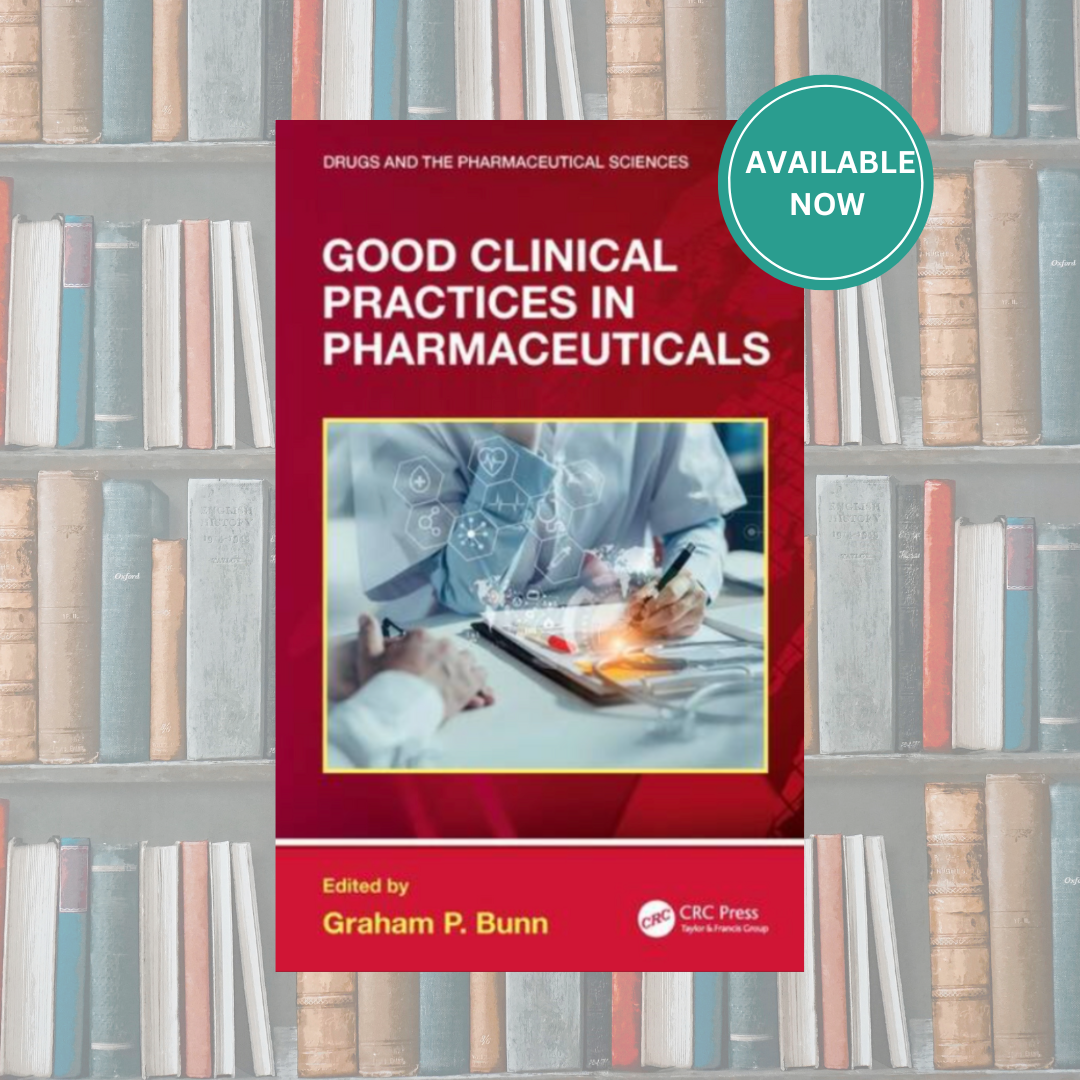08/16/2022
-
Do you ever wonder why people are not doing what you expect? How do you figure out what went wrong and what constraints are getting in the way of everything working as it should? You may have heard that you need to ask the right question, or even about the Five Whys. But if you have used the Five Whys before, have you noticed that you are not confident in the results?




